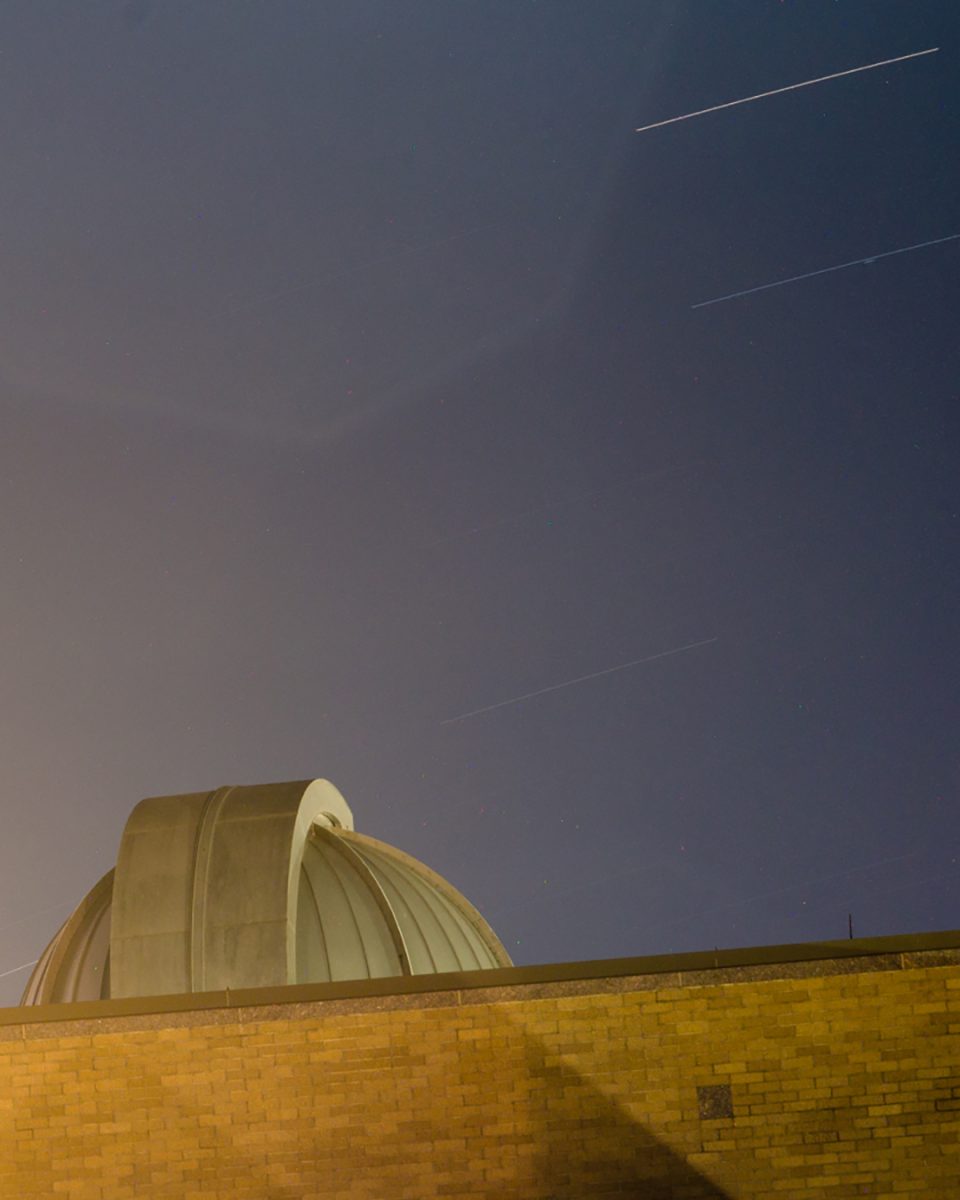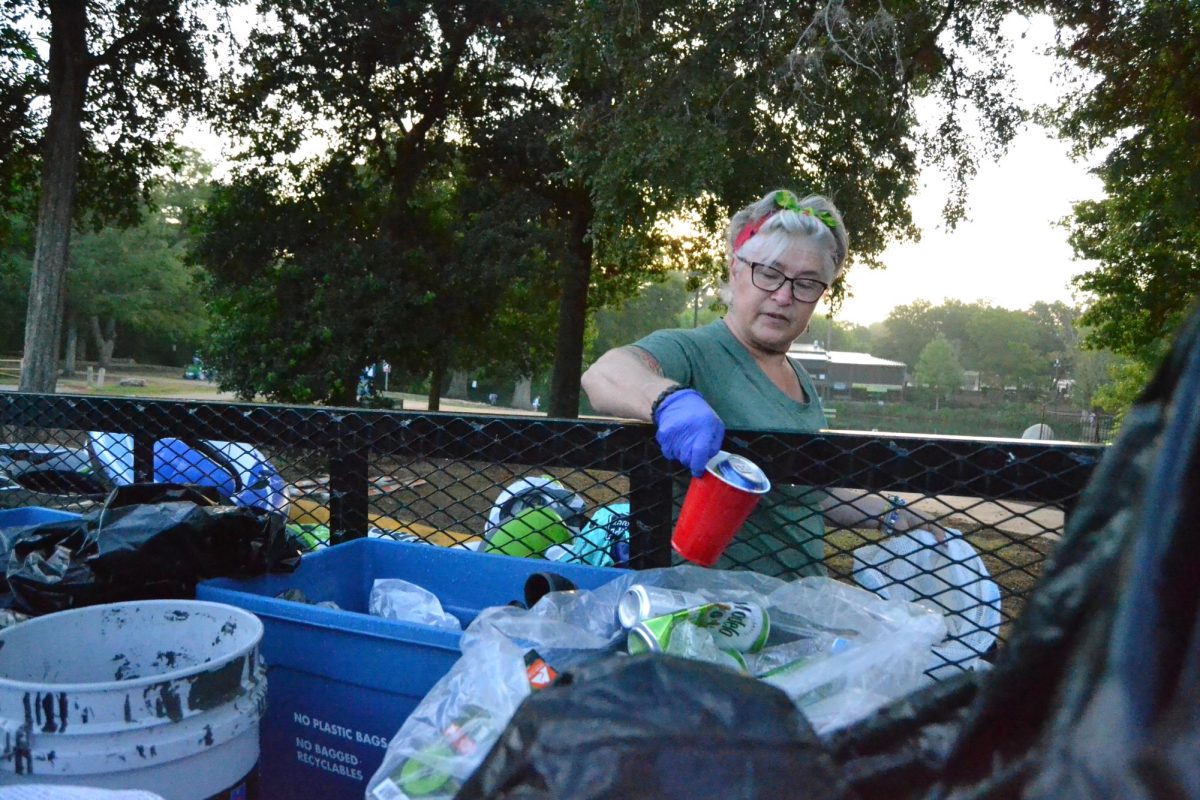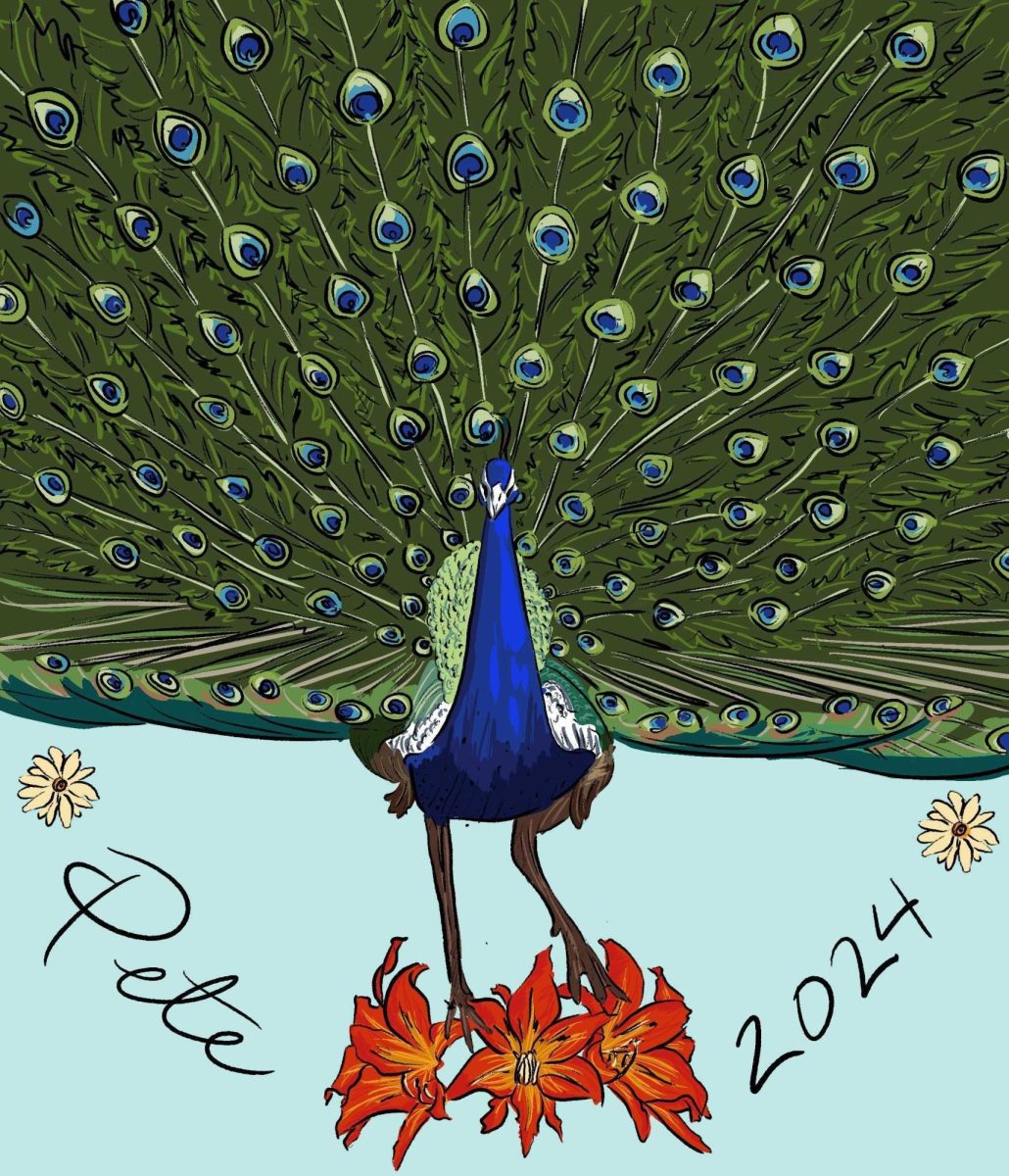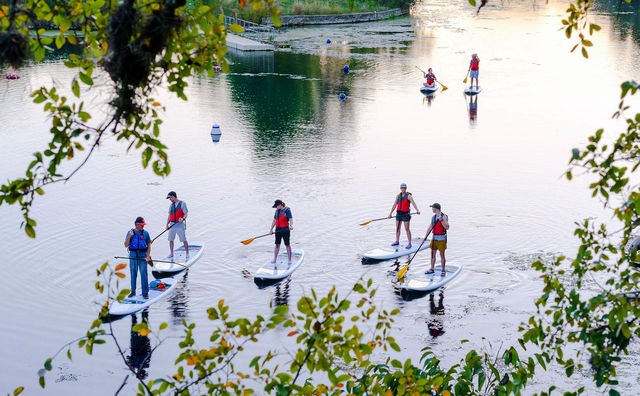The Texas State Astronomy Club will be traveling to Marshall, Missouri Aug. 21 to see a total solar eclipse. For many members of the Astroclub, this will be the first time they witness any sort of eclipse.
Blagoy Rangelov, physics lecturer and researcher at Texas State, is the coordinator of the solar eclipse trip. When Rangelov arrived at Texas State in the fall 2016 semester, he noticed many of his students were interested in astronomy but had nowhere to express and practice this interest.
Rangelov said he gathered a small group of physics students up to the Texas State Observatory to stargaze and practice using telescopes. Little did they know that this would be the first informal gathering of the Astroclub.
Rangelov said witnessing a partial or total solar eclipse is a rare occurrence unless a viewer is willing to travel the world to hunt it down. The last solar eclipse he witnessed was in 2006 in Turkey.
“I’ve had the luck to have seen two solar eclipses so far, and I know firsthand that it’s a really magnificent view, really spectacular,” Rangelov said. “I really would love for at least part of the Astroclub to see an event like that.”
The total solar eclipse will best be visible in states along the path of totality. However, due to location, Texas residents will only be able to witness a partial solar eclipse. For this reason, the Astroclub decided to travel to Missouri in order to view the full eclipse.
“We were discussing where to go and we ended up picking Missouri because it was one of the closest places where the total eclipse can be seen,” Rangelov said.
Michael Sanchez, physics senior, is president of the Astroclub. Sanchez said the upcoming solar eclipse will be his first.
Sanchez said he has been interested in astronomy since the age of six and is looking forward to capturing pictures and measurements of the eclipse.
“We call it photometry. If you break up the word, -photo means light and -metry means to measure. We’re basically using the cameras themselves to do measurements of the sun,” Sanchez said.
Rangelov said the solar corona is ”the most interesting and exciting part” of a solar eclipse. The solar corona is the outermost part of the sun’s atmosphere that’s only visible during an event such as a total solar eclipse. Astroclub members and attendees of the eclipse will use cameras, telescopes and other equipment to capture the solar corona.
“Just last night we had a practice run using the cameras, the telescopes and the equipment to get good pictures during the solar eclipse,” Sanchez said.
Nicholas Moore, physics junior and vice president of the Astroclub, said this trip will be his first time witnessing a solar eclipse as well. Joining the organization has solidified an interest in astrophysics and has propelled his involvement in astronomy.
“We don’t actually have an astrophysics major, so the club itself is pretty much made up of a bunch of different majors,” Moore said. “We’ve got chemists, biologists, physicists—anyone is welcome to come if they have an interest in astronomy.”
Sanchez and Moore said they hope to expand the Texas State Astroclub during the fall 2017 semester and coordinate more trips during the school year.
Astroclub to travel across state lines to experience solar eclipse
August 10, 2017
The Texas State Observatory under the San Marcos night sky.
Photo by Robert Black
Donate to The University Star
Your donation will support the student journalists of Texas State University. Your contribution will allow us to purchase equipment and cover our annual website hosting costs.



















